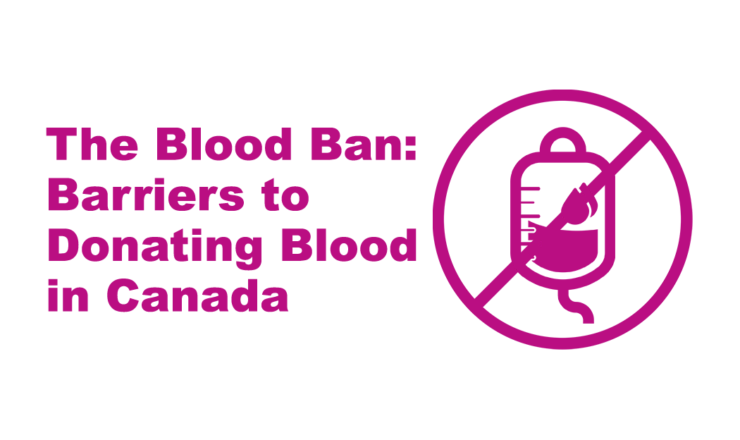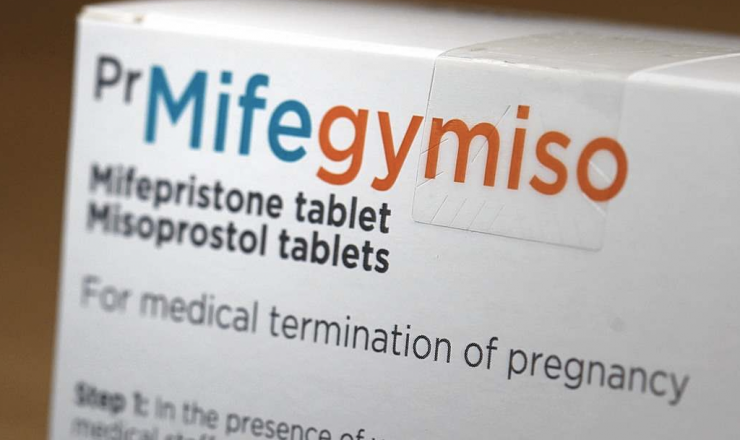

In a previous post, we talked about stealthing, why people do it, and why it’s terrible [Link]. In it, in our discussion about people not liking condoms, we said:
Some people stealth because they hate condoms. Maybe they agreed to using a condom just to get their partner to have sex, and then took it off when they felt they could get away. You don’t have to use condoms in order to have sex, but you have to stick with what you agreed to with your partner. Stay tuned for a future article about finding ways to make condoms work for you.
Well, friends, this is that post! Here is where we’re going to talk about ways to make condoms work for you! This will mostly cover conversations about about external condoms (that go on penises or sex toys), but a lot of this stuff also applies to internal condoms.
Here are some reasons to wear a condom during sexual activity:
Lowers the risk of pregnancy – Used properly, condoms are 97% effective at preventing pregnancy. This doesn’t mean that there’s no chance of pregnancy, just that it’s less likely to happen.
Lowers the risk of STIs – Again, as long as the condom is used properly, the risk of contracting STIs like chlamydia, gonorrhea, syphilis, and HIV are lowered. These STIs are passed through sexual fluids, and condoms are a barrier method that reduces the chance of swapping fluids.
As a back-up to another form of birth control – Lots of people use condoms in conjunction with another type of birth control, like the pill or VCF. This adds another layer (pun intended) of protection in the event of a missed pill or the VCF not dissolving properly. On the flip side, the other methods of birth control add a layer (no pun) of protection if the condom happens to break. Also, again, condoms protect against STIs, which other methods of birth control don’t.
Below we have a list of just some of the reasons why someone might not want to wear condoms. Honestly, these are all valid reasons. Someone can choose to not wear condoms for whatever reason they want. But if it’s important to you that your partner wears a condom, you don’t have to accept these reasons. You can say no, or decide to do different activities with different types/levels of risk.
| ****Cool Tips**** |
Here are 2 ways that you can help condoms feel more comfortable:
For more info on how to use condoms, check out our info page How to use Internal and External Condoms [Link]. |
Again, you can fit a whole arm or head inside a condom without it breaking, so they’re pretty solid most of the time. But yeah, sometimes they break. But just because something breaks once in a while doesn’t mean you should never try to use them to reduce the risk of contracting STIs or pregnancy. If they’ve broken for you in the past, maybe try storing them someplace else, making sure they’re not expired, putting them on more gently, or wearing a different brand that fits better. And again, practice helps. Also, using more than one condom at a time (aka double-bagging) increases the likelihood of condoms breaking.
Some people feel that if they are just doing oral sex, fingering or kissing, then there’s no need for condoms. Even if you’re not worried about a risk of pregnancy, there are still ways that STIs can be transmitted between partners if you aren’t using some kind of barrier. People can still pass oral chlamydia, oral gonorrhea, HPV, or Herpes from genital-to-genital/genital-to-mouth contact. STIs can come in contact with your bloodstream through nicks and cuts in your skin or gums. Condoms (like dental dams or latex gloves) are barrier methods than prevent the sharing of fluids between partners.
Religious beliefs are a totally valid reason to not use condoms. However, this is definitely something you need to talk to your partner(s) about before you start any sexual activities. Are you open to other types of contraception? Are you willing to have a conversation about other ways you will reduce the risks of pregnacy or STIs? Will you go with your partner(s) to get tested for STIs? What will you do if someone gets pregnant or contracts an STI?
Sometimes people who’ve been together a long time feel like they’ve moved “beyond” condoms, where condoms are something they use until they really “know” each other (aka trust that their partner(s) won’t give them an STI). But unless you’ve been tested for STIs, things can be dormant in your body even if you’re not showing symptoms. And if there’s a possibility of partners being non-monogamous, then it’s good to have some system in place to reduce risk of passing along STIs. Even if you’re not worried about STIs, they’re still good at preventing pregnancy! Some people just feel more comfortable using condoms or condoms + another birth control method, and there’s nothing wrong with that if it helps them feel more relaxed for sex.
Again, these are all totally fine reasons to not wear condoms. You don’t have to wear condoms if you don’t want to. But if your partner(s) wants to use them, and this is something you’re not going to budge on, it may be that you just won’t have sex with your partner(s) because you can’t compromise on your views. There are lots of conversations you can have about reducing risk, other birth control methods, or getting tested regularly. However, if at the end of it you have different ideas about what risks people are willing to take then maybe you are not compatible sexually. And that’s totally fine. It’s not the most fun thing in the world, but it’s a totally valid incompatibility in a relationship. And maybe that’s a conversation you need to have.
If you have questions about this topic, feel free to contact one of our peer educators. [Link]
Last Updated: April 2020

Blood donation has been in the news lately, as Canadian Blood Services are going to be changing some of their requirements around who can and can’t donate blood. In this article we’re going to talk about blood, how blood donation works, HIV/AIDS, and more!

Teen Health Source vols came up with some strategies and things to think about if you’re having a tough time coming out to your family.

Did you know that the abortion pill is now available in Ontario? It is! And as it becomes more available and accessible to people across the country, there are naturally lots of questions about it. This post covers some of our most frequently asked questions about the abortion pill.